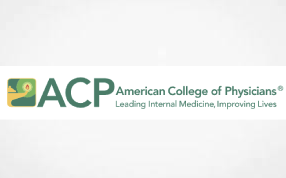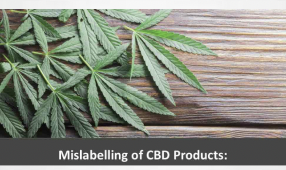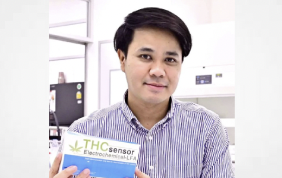WASHINGTON July 23, 2024—A public health approach is necessary to address the legal, medical, and social complexities of cannabis use, says the American College of Physicians (ACP) in a new policy paper released today. “Regulatory Framework for Cannabis: A Position Paper from the American College of Physicians,” published in the Annals of Internal Medicine, issues recommendations to policymakers on adopting a public health approach to prevent and control adverse cannabis-related health outcomes.
“The legal status of cannabis is changing rapidly,” said Isaac O. Opole, MBChB, PhD, MACP, president, ACP. “We need to ensure that regulations are based on a public health approach in jurisdictions where it is legal and that they include consideration of prohibiting use among young people and unsafe use among adults.”
Among the recommendations, ACP supports rigorous research into the health effects, potential therapeutic uses, and the impact of legalization on cannabis use. Additionally, ACP calls for the decriminalization of possession of small amounts of cannabis for personal use to help address systemic inequities and promote a treatment-focused alternative to criminal penalties for substance use disorders. The policy paper goes on to outline a public health approach to controlling cannabis in jurisdictions where it is already legal. ACP also calls for insurance coverage of treatment for cannabis use disorder and incorporating information about cannabis into medical education.
“In part, due to the drug’s complicated legal status, clinicians have limited evidence about the effects of cannabis use, despite the drug’s prevalence,” remarked Dr. Opole. “We need additional research into the health effects, so we have better evidence about its adverse effects and therapeutic uses.”
***
About the American College of Physicians
The American College of Physicians is the largest medical specialty organization in the United States with members in more than 145 countries worldwide. ACP membership includes 161,000 internal medicine physicians, related subspecialists, and medical students. Internal medicine physicians are specialists who apply scientific knowledge and clinical expertise to the diagnosis, treatment, and compassionate care of adults across the spectrum from health to complex illness. Follow ACP on X, Facebook, Instagram and LinkedIn.
















